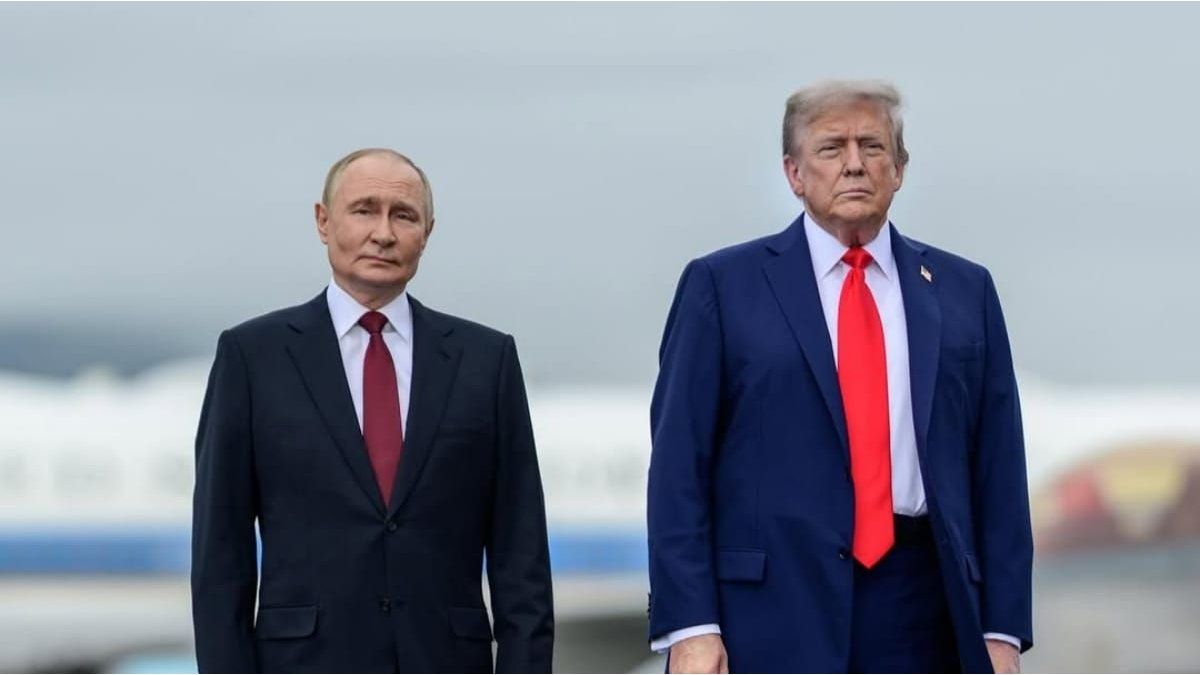Opinion
The night’s decisions show one thing above all: politics is capable of acting. They could help bring peace to the issue of migration. Whether they can reduce the number of refugees remains an open bet.
Go ahead, Olaf! That is the good news of the last, once again very long, Berlin night. This night showed that if the federal states put enough pressure, the federal government is able to act. It has proven that compromises are possible even in difficult, often ideologically overloaded subject areas such as migration. One could also say: This Berlin night showed that politics works.
Of course also because the pressure had increased enormously recently. Because all actors sensed the danger that some things could slip: the still widespread goodwill towards migrants; ultimately perhaps even social peace.
The issue has been simmering for years. Mayors and district administrators have been complaining for months that the capacity limits have been reached. Politicians are arguing again about who should bear the enormously increased costs. And how the enormously increased number of refugees can be reduced – 300,000 are expected by the end of the year.
The morning after, it’s not just a question of style. So what good are these nightly decisions under the heading “Humanity and Order” in the light of day?
You certainly don’t have to call the agreement “historic”, as Scholz did that night, but it is good that the federal and state governments have agreed on a “breathing system” to finance the refugee costs – instead of having to negotiate again every time, pays In the future, the federal government will charge a per capita flat rate depending on the specific number of new arrivals. It is so logical that one wonders why it had to be debated for so long.
But the dispute over migration is not just about sums of money; ultimately, the main question is: Are the resolutions sufficient to “significantly and sustainably reduce” the number of arriving refugees, as the paper says?
A completely open bet
The short answer is: This is a completely open bet.
The longer answer is: Recently, all possible circumstances have been criticized as “pull” factors that would attract migrants to Germany: the supposedly high social benefits compared to the EU or the fact that cash is paid out in this country at all. Both of these should change in the future Change: By the beginning of next year, a federal-state working group is to develop a model to switch the provision of refugees to benefits in kind. In addition, asylum seekers will in future have to wait twice as long before they receive citizen’s benefit, 36 months instead of the current 18 months.
Maybe it helps. That may not be the case. Migration researchers repeatedly point out that people on the run rarely make monocausal decisions.
Faster procedures, which we have now committed to again, are also likely to be helpful – although one may ask why this even needs to be decided or even discussed? The states can do this, no, each individual federal state can implement this immediately. But well, if it’s useful to record it again, please feel free to do so.
That’s why, for the moment, we are generously ignoring the fact that other decisions can safely be viewed as hopeful. This includes the not entirely fresh but still extremely bold plan to be able to carry out asylum procedures in transit countries outside the EU, preferably somewhere in Africa.
Otherwise only one party benefits
For the moment we grant the Chancellor this interim success and shout: Go ahead, Olaf! Scholz has let the issue simmer for too long. The Union has also made new demands for too long. She can’t help it this morning either.
As understandable as it is when CDU General Secretary Carsten Linnemann criticizes that what has been decided is of course not nearly enough, it is also dangerous. It may benefit the Union in the short term to keep the pressure on Scholz and the traffic lights high. In the end, only one person benefits from an endless argument about the issue of migration: the AfD.
Source: Stern
I have been working in the news industry for over 6 years, first as a reporter and now as an editor. I have covered politics extensively, and my work has appeared in major newspapers and online news outlets around the world. In addition to my writing, I also contribute regularly to 24 Hours World.




